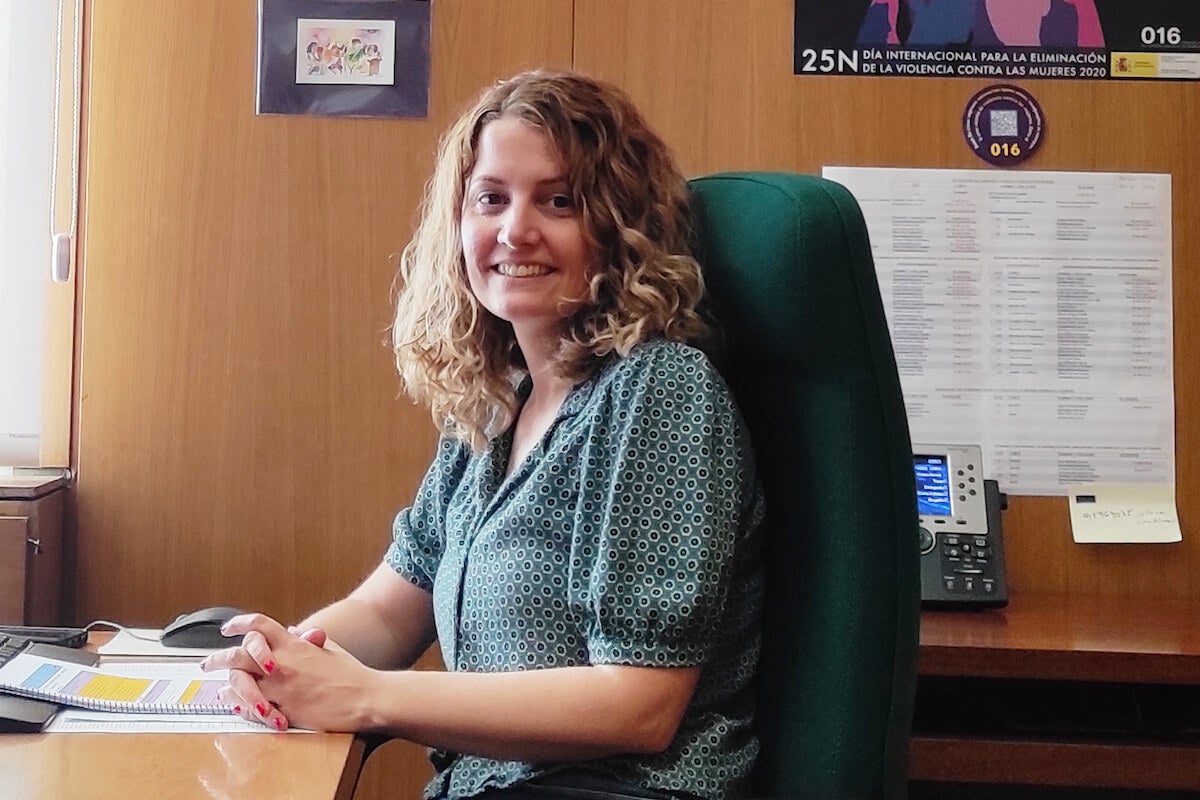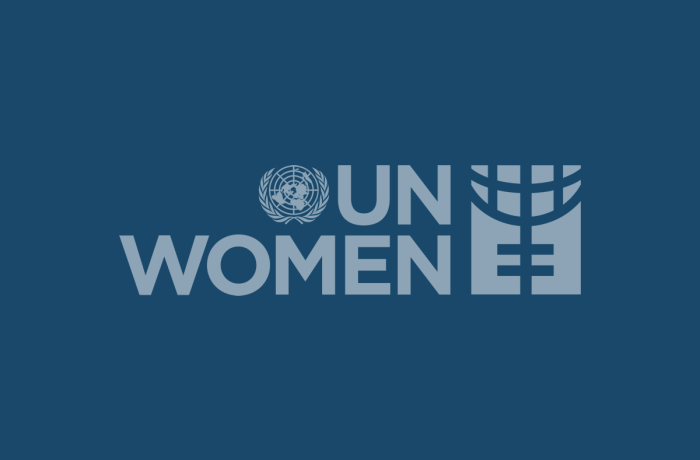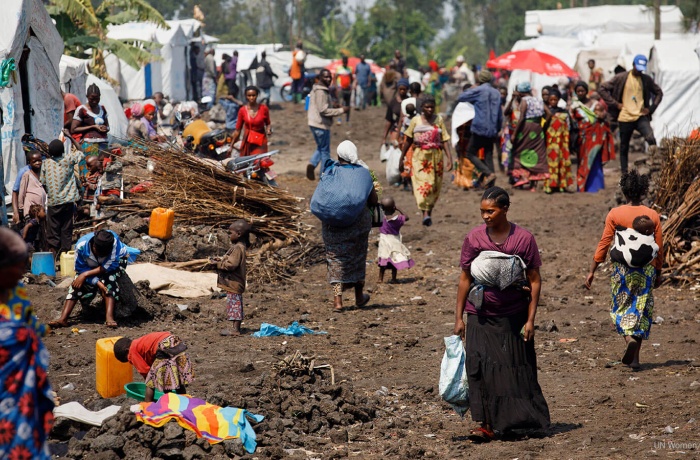Take Five: How Spain is using administrative data to help end violence against women and girls
One in two women in Spain report that they have experienced violence. In 2004, the Government passed a comprehensive protection measures law to address gender-based violence (GBV) across the country. Ms. Itziar Abad Andújar is the Deputy Director General for Awareness, Prevention and Studies of GBV at the Government Delegation against GBV. Here, she explains why the collection and analysis of administrative data is crucial in preventing, responding to, and eliminating violence against women (VAW) in Spain and around the world.

What is administrative data on VAW?
Violence against women is silenced, hidden and structural, which is why transparent data is so important to help shine a light on the issue. Administrative data is collected by Spanish government authorities and other organizations as part of essential services support to survivors, or during interactions with an alleged or convicted perpetrator by authorities. It can be collected by different types of service providers, such as the police, prosecutors, courts, social welfare agencies, social services providers, women’s shelters, violence hotlines, the health sector, and us, the Government Delegation against GBV.
Why is the collection and use of administrative data on VAW important?
VAW administrative data is useful for several reasons. Firstly, it increases visibility of the problem. In Spain, 1149 men murdered female partners or ex-partners between 2003 and May 2022—those numbers make the case for why VAW needs to be a priority for the
Government. Secondly, data helps us combat myths. It is commonly alleged that there are an elevated number of false complaints of violence made by women against men, but in Spain we have the official data from the judiciary that shows that belief is false. Finally, administrative data helps us monitor and improve services for women and girls who are survivors of violence.
How did the collection and use of administrative data on VAW help survivors during the COVID-19 pandemic?
During the first state of emergency called by the Government in 2020, calls to VAW helplines increased by 57.9 per cent compared to the previous year—and calls to the hotline that provides legal advice increased by 41.4 per cent. This data supported a special declaration for government assistance to victims of GBV during the COVID-19 pandemic and helped us implement new public policies.
For example, because the number of emails increased to the helpline, and we could quantify this increase, the Government Delegation against GBV implemented a new option of being able to communicate with survivor services using WhatsApp. This was particularly relevant, as victims were confined with their perpetrators. Administrative data told us that the number of users was increasing, and this allowed us to increase the budget and to increase the investment in services for survivors of violence.
VAW prevention and response measures were also included within Spain’s COVID-19 recovery plan based on the administrative data.
How does the Gender Violence Portal support eliminating VAW in Spain?
The Government Delegation against GBV manages the portal where we regularly provide monthly and annual reports on VAW, as well as updated statistics that visitors can use to generate their own data visualizations. We also publish recommendations from the State Observatory on Violence, a body with representatives from health, education, police, social services, academia, and civil society organizations. By bringing together the administrative data from all these sectors in one place, and making it available and useful, we ensure everyone across the country can see that VAW is a public issue, and that we should all be involved in ending it.
What advice would you give to other governments about eliminating VAW?
Behind the administrative data, behind the surveys, behind the statistics, are the lives of women, and of their daughters and sons. Because of this, it is critical and fundamental to advance the collection and use of statistical data to implement and promote public policies to eradicate this violation of human rights.
Learn more about administrative data on violence against women:








